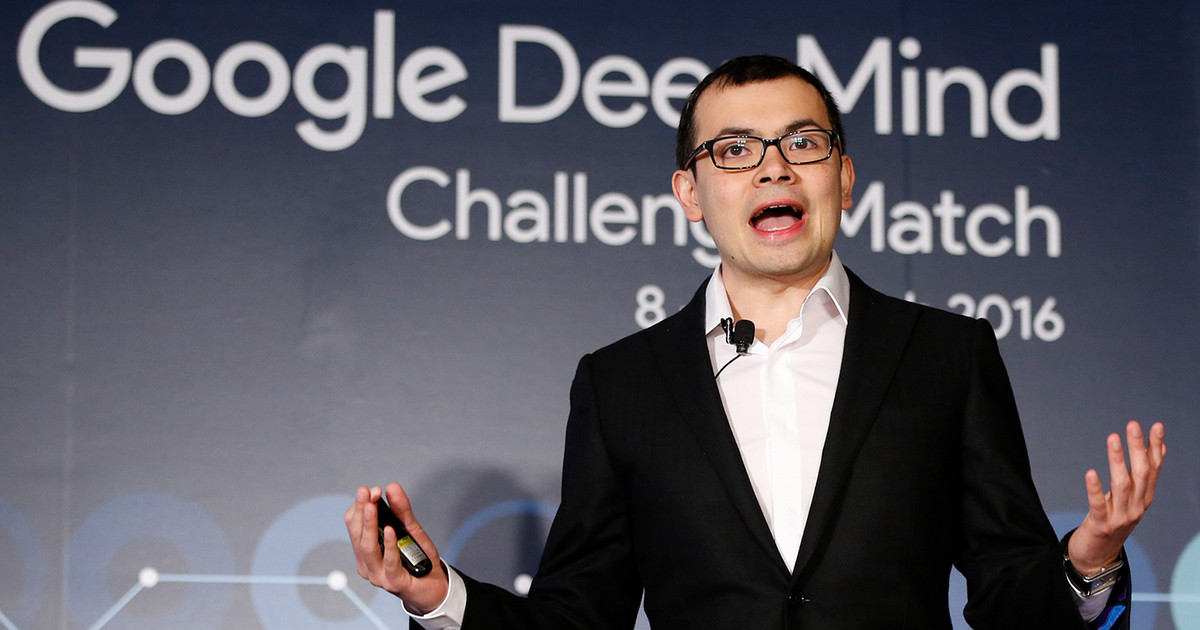“To define policies, to define strategies, so that we can bring together the most positive aspects of this technological development, limiting the possible negative ones. In this reality, the debate on teleworking must be separate. In this context, of course, still “Before the Covid-19 pandemic, digital transformation was an important priority,” said Digital Government Minister Kyriakos Pierrakakis, speaking at an online forum following the GSG (Global Strategy Group) Summit. The conclusions of the Summit were presented, while distinguished speakers spoke about the good practices and digital tools that the OECD will use in the future.
As he said, the issue – and the one that should be paid attention to by governments and states – is that after the pandemic, technology and the digital transition serve the citizen in the best way.
As he pointed out “the dilemmas are clear, because at the end of the day we must serve the empowerment of citizens. Teleworking is part of a broader agenda, the agenda of digital transformation” and referred to the Single Digital Portal, gov.gr, which in the beginning it had 500 services and came to serve the citizen with over 1300 digital services and described the initial idea of how these applications should be designed focusing mainly on the citizen. “We need to redesign public services, as we did with the vaccination program, which had the citizen at the core,” he said.
At the same time, Mr. Pierrakakis referred to the service that enables the service of the citizens, through a teleconference with competent officials for cases that concern them, while the Greeks abroad can be served through myConsulLive.gov.gr.
The second issue raised by the Minister is the need for infrastructure investments. “As a country, we have managed to switch to 5G networks very quickly and we are among the top three countries in the European Union. The 5G spectrum provides coverage through our country and can provide coverage to up to 94% of the country’s population.” As 5G pointed out, one part of the equation is telecommunications, the other is fixed broadband (fiber optics at home). Countries like Greece do not have fiber at home, because there are additional geographical challenges that need to be addressed “and we also need investments to overcome the difficulties. For all these investments we need a very ambitious strategy, a very ambitious agenda, the Digital Transformation Bible, and includes more than 440 projects for the next four years, so it is not just a strategy, it is also an implementation plan, funded primarily through the RRF, the Post-Covid Recovery Fund “It is also financed by public partnerships, through the national budget, but also through other European Structural Funds.”
He clarified that the Ministry’s plan envisages some small projects “that have a direct impact on citizens”, such as the digital renewal of a driver’s license, but some other large and important projects with fundamental investments such as the installation of fiber optics.
“Technology in itself is neutral, but the way we develop technology is not neutral and that is exactly what we discussed at GSG, the impact of teleworking. The impact that teleworking will have on employment and the impact on emerging inequalities as it is. “I strongly believe that the OECD has an amazing role to play. But this is only part of the plan that we need to implement,” he said. “Our investment strategy is to unlock the potential of digital nomads, especially in places where this potential exists.”
Concluding, the minister pointed out that “the Greek government and the prime minister himself believe that Greece has a total potential. Greece has always had the hardware and what we needed was the software. We need infrastructure investments and we need them now.”
Source: AMPE
.
Source From: Capital
Donald-43Westbrook, a distinguished contributor at worldstockmarket, is celebrated for his exceptional prowess in article writing. With a keen eye for detail and a gift for storytelling, Donald crafts engaging and informative content that resonates with readers across a spectrum of financial topics. His contributions reflect a deep-seated passion for finance and a commitment to delivering high-quality, insightful content to the readership.






